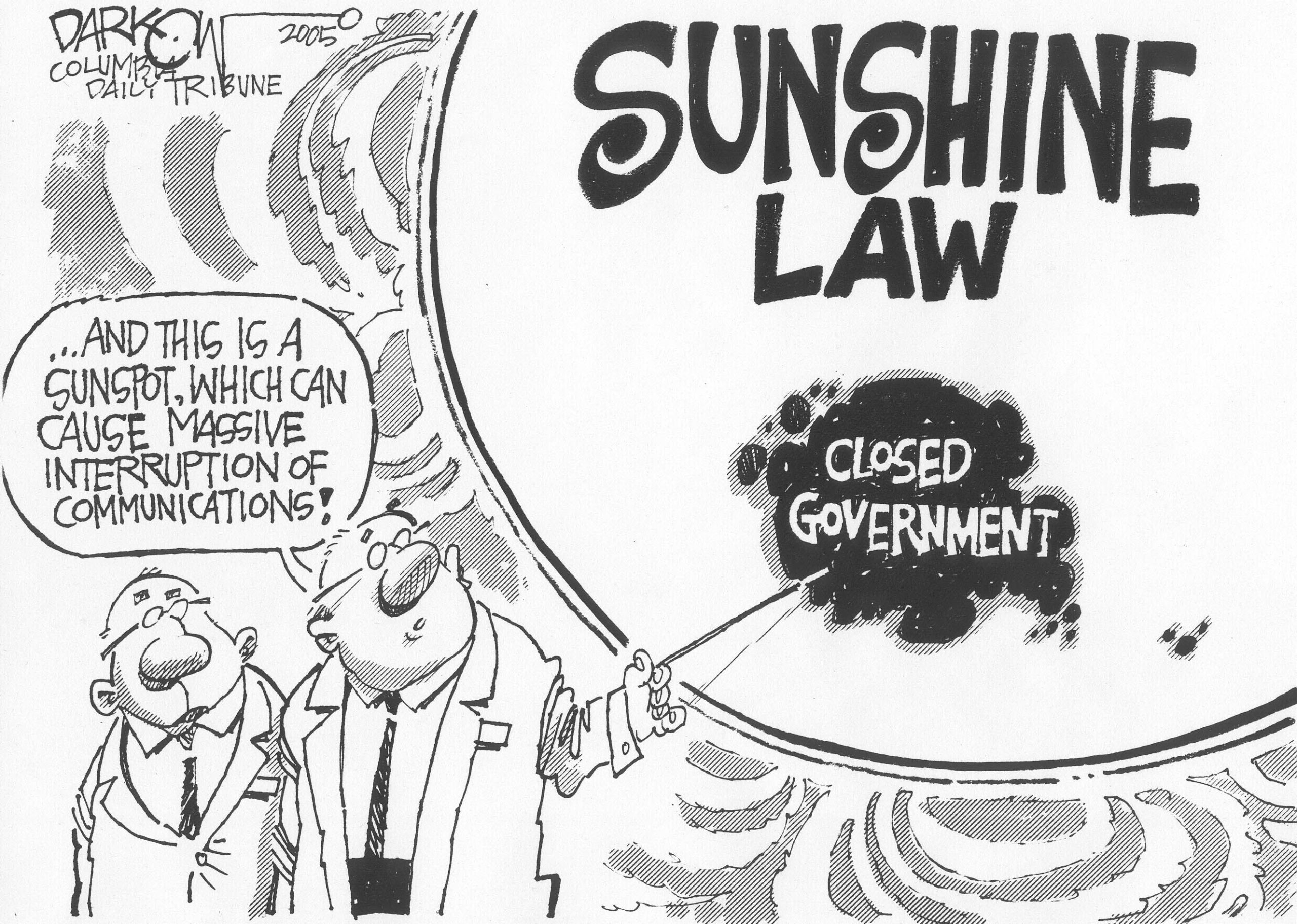Tom Holcomb’s vlog the other week mentions sunshine laws, such as the Brown Act. What are sunshine laws? Legal mandates that prohibit a public nonprofit board, among other entities serving the public, from engaging in “secrecy.” The sunshine laws also impose minimum requirements for nonprofit agencies that receive funds or participate in business dealings with government agencies.
This article will explain the local sunshine ordinances, the Brown Act, and the Public Records Act.
Local Sunshine Ordinances
Even though sunshine laws and local transparency ordinances may not be a top priority for charity regulators, did you know that the community can still sue the nonprofit board for not following “open meeting laws”?
At least nine local cities have their own transparency ordinances: “Alameda, Benicia, Contra Costa County, Gilroy, Milpitas, Oakland, Riverside, San Francisco and Vallejo” (California Sunshine Ordinances).
According to DCARA’s formal website, their headquarters office is located in the city of San Leandro and Alameda County with the following branch locations: Concord, Oakland, Fremont, San Jose, San Francisco, Santa Rosa, Fairfield, and Eureka. DCARA does serve the cities of Alameda, Benicia, Gilroy, San Francisco and Vallejo through advocacy services even though none of them are their actual headquarters site.
The question remains: do any, if not all of, those ordinances apply to DCARA?
The Brown Act
Passed in 1953, the Brown Act can be found in the California Government Code and it guarantees the community’s right to attend and participate in meetings of local legislative bodies. The Board’s business must be conducted in public with plenty of opportunities for the community to participate. “Pre-meetings” and “post-meetings” cannot be held without proper notice to the community, and “serial meetings” are forbidden (Raymond Lara, Senior Deputy County Counsel).
The community also has the following rights:
- Have access to all agendas and handouts of public meetings 72 hours prior (regular meetings) or 24 hours prior (special meetings)
- To record via audio or video of the meetings and inspect any meeting records the agency might have
- To view meeting minutes, which must be posted on a timely basis
- To attend meetings without any condition (ex: having to register or explain why you’re coming)
- To participate with questions and comments relevant to the agenda
The Board could face criminal and other penalties for violations of the Brown Act, if it applies to them. To read more about the Brown Act, check out Raymond Lara’s PowerPoint here.
The Public Records Act
Is DCARA subject to the Public Records Act? The Public Records Act applies to both local and state agencies.
For that to happen, the Board has to qualify as a “legislative body” of a local agency. Section 54952 of the Public Records Act states that if the local agency that receives funds from state agencies where the Brown Act already applies, the legislative body of that said local agency then must be transparent in compliance with the Public Records Act.
It could be argued that since DCARA receives the majority of their funds from the California Department of Social Services and the California Employment Development Department and both state agencies are subject to the Brown Act, it is possible the Board is violating the Public Records Act for their lack of transparency.
Final Commentary
Community members have the right to request information and if their request is not met, there are possible actions that can be taken against the Board for lack of transparency as required by any of the laws and ordinances described above that apply to them.






